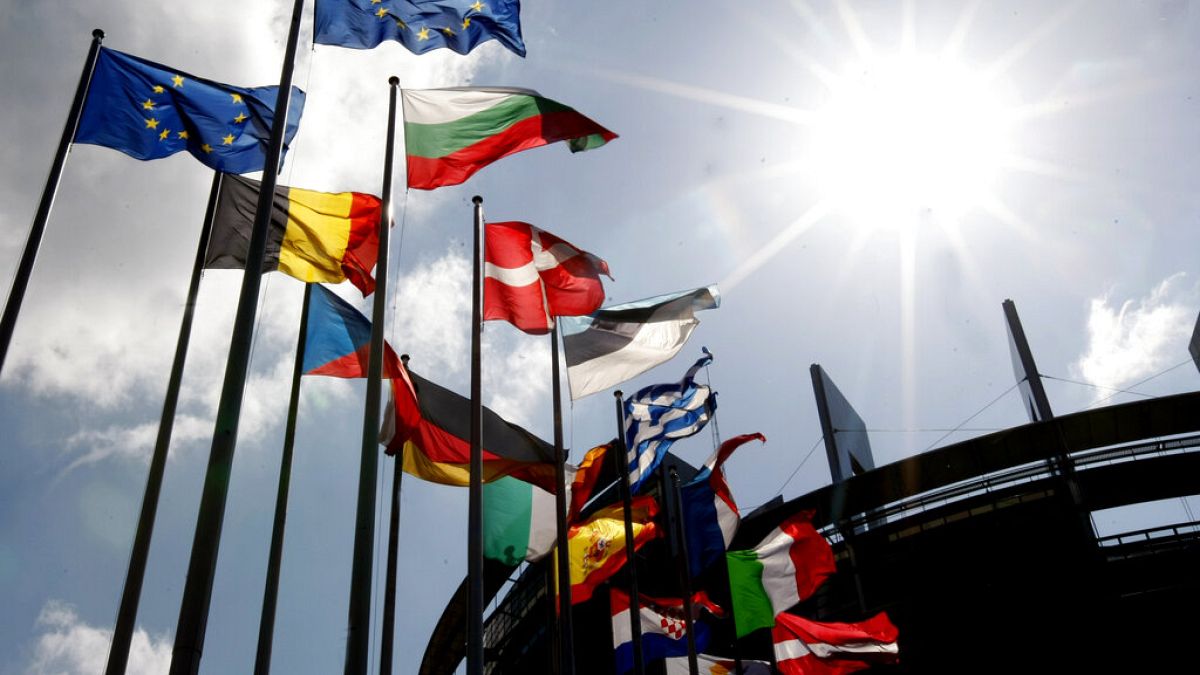Erasmus+ and Horizon Europe are facing potential budget cuts in 2025 as proposed by lawmakers in Brussels. Erasmus+ student exchange programme is at risk with a €295 million cut. This news has been met with disappointment by Erasmus+ ambassadors who view the programme as a symbol of cooperation and cultural exchange. Maeva Campos Perez, an Erasmus+ ambassador in Brussels, expressed concern that reduced funding could limit opportunities for students to go on exchange and make the selection process more competitive. The Erasmus+ programme, founded in 1987, has enabled nearly 16 million young people to study abroad and has a budget of €26.2 billion for 2021-2027.
The Horizon Europe research and innovation programme is also facing a potential budget cut of €400 million in 2025, as proposed by the Council of the EU. This freeze in funding has raised concerns among research stakeholders who fear it could negatively impact innovation and competitiveness in Europe. While there are other funding sources available, such as the Innovation Fund and European Hydrogen Bank auctions, stakeholders believe that competitiveness and innovation go hand in hand. With a budget of €95.5 billion from 2021-2027, Horizon Europe aims to fund research, support ecological and digital transitions, and stimulate competitiveness and growth in Europe. The Council of the European Union is considering reducing this expenditure to prioritize support for Ukraine and economic recovery from the COVID-19 pandemic.
The European Parliament is expected to oppose these budget cuts and work towards maintaining funding for Erasmus+ and Horizon Europe. Susana Garayoa, head of institutional relations with the EU at Zabala Innovation, emphasized the importance of competitiveness and innovation for Europe’s success in the global economy. She highlighted the need for a balance between competitiveness and innovation to ensure Europe’s position in the real world. The European Parliament is known for advocating for the maximization of the budget, while the European Council tends to prioritize budget cuts. It remains to be seen how these differing views will be reconciled as MEPs and the Council work towards finalizing the EU’s budget for the year.
It is crucial for the EU to continue investing in programmes like Erasmus+ and Horizon Europe to support education, research, innovation, and economic growth. These programmes play a vital role in promoting cultural exchange, cooperation, and competitiveness within Europe. The proposed budget cuts could have far-reaching consequences for students, researchers, and innovators across the continent. The European Parliament’s efforts to maintain funding for these programmes reflect the importance of investing in the future of Europe through education and innovation. As discussions on the EU budget continue, it will be essential to strike a balance between fiscal responsibility and strategic investment in the success of the European Union.
In conclusion, the potential budget cuts to Erasmus+ and Horizon Europe in 2025 have raised concerns among stakeholders who fear the impact on education, research, and competitiveness in Europe. The European Parliament is expected to push back against these cuts, emphasizing the importance of these programmes for the future of the EU. Balancing fiscal constraints with investments in education and innovation will be key as lawmakers work towards finalizing the EU budget for the year. Maintaining funding for Erasmus+ and Horizon Europe is crucial for promoting cooperation, cultural exchange, and economic growth within Europe. Only time will tell how these budget negotiations will unfold and what the final outcome will be for these essential EU programmes.










